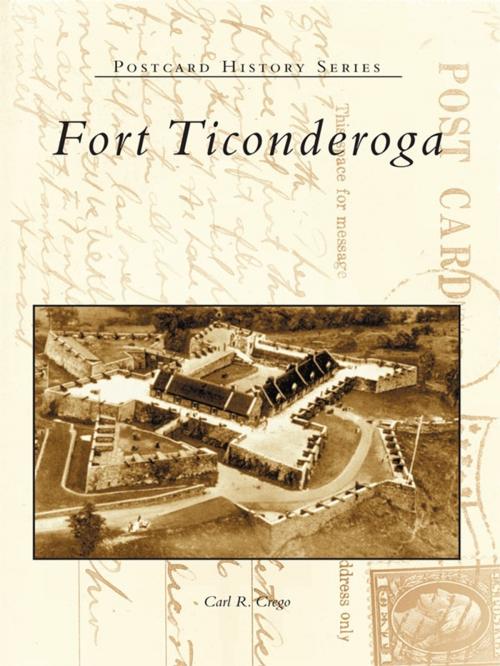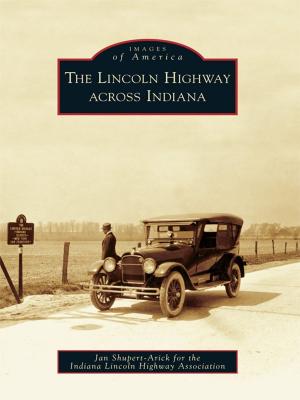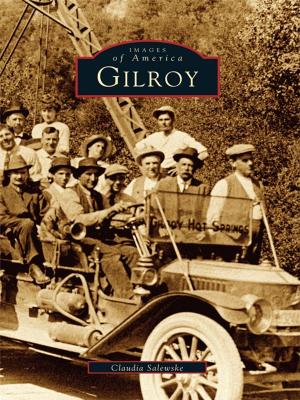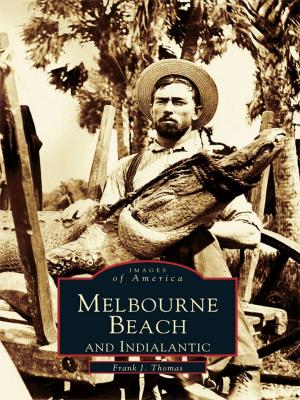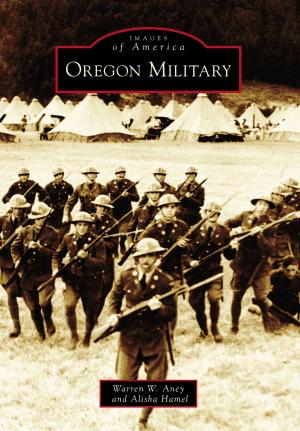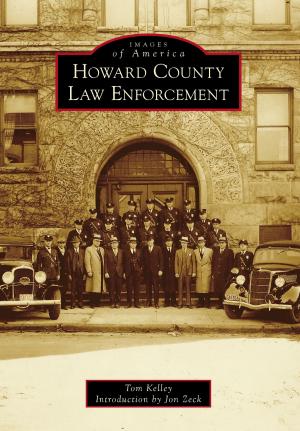Fort Ticonderoga
Nonfiction, History, Military, Pictorial, Travel, Museums, Tours, & Points of Interest, United States| Author: | Carl R. Crego | ISBN: | 9781439615638 |
| Publisher: | Arcadia Publishing Inc. | Publication: | July 8, 2004 |
| Imprint: | Arcadia Publishing | Language: | English |
| Author: | Carl R. Crego |
| ISBN: | 9781439615638 |
| Publisher: | Arcadia Publishing Inc. |
| Publication: | July 8, 2004 |
| Imprint: | Arcadia Publishing |
| Language: | English |
Called "the Key to the Continent" and "the Gibraltar of the North," Fort Ticonderoga controlled the strategically critical portage between Lakes George and Champlain in the eighteenth century and played an important role in both the French and Indian War and the American Revolution. French troops began construction of the fort in 1755, calling it Fort Carillon. The British captured the fort in 1759 and renamed it Fort Ticonderoga. The storming of the fort on May 10, 1775, by Benedict Arnold, Ethan Allen, and the Green Mountain Boys was America's first victory of the Revolutionary War.
Called "the Key to the Continent" and "the Gibraltar of the North," Fort Ticonderoga controlled the strategically critical portage between Lakes George and Champlain in the eighteenth century and played an important role in both the French and Indian War and the American Revolution. French troops began construction of the fort in 1755, calling it Fort Carillon. The British captured the fort in 1759 and renamed it Fort Ticonderoga. The storming of the fort on May 10, 1775, by Benedict Arnold, Ethan Allen, and the Green Mountain Boys was America's first victory of the Revolutionary War.
